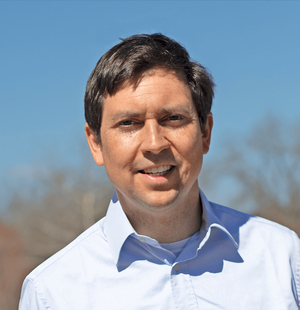
Daniel Forger
University of Michigan
3:45 PM
127 Hayes-Healy Center
A tea will precede the event at 3:15 pm in 101A Crowley Hall.
The math of fatigue
Fatigue caused many manmade disasters, such as Chernobyl or the USS John McCain crash. Fatigue is the most ubiquitous symptom of cancer survivors, central to affective disorders such as depression, and affects students' ability to learn. Typically, the two most important factors in cognitive fatigue are time awake (sleep deprivation) and internal circadian clocks, which regulate alertness and performance. So far, it has been challenging to study cognitive fatigue since it is highly variable among individuals, and the effects of circadian rhythms and sleep deprivation are regulated at the level of single cells. Yet, cognitive processing occurs at the level of the whole brain.
In this talk, I will introduce two new mathematical methods that allow for a new generation of studies in cognitive fatigue. We first developed a level-set Kalman Filter algorithm for state space estimation that we used to quantify personalized circadian disruption from noisy real-world heart rate data. Utilizing this new method, we show how the body tells time in students and medical interns as they sleep around the clock and, through an app we developed, hundreds of thousands of travelers. We show how this timekeeping can predict fatigue, mood, and even predetect COVID infection.
In the second part of the talk, I will describe new methods for whole-brain simulation on a desktop GPU. Using these methods, we can experimentally identify and simulate millions of neurons contributing to specific tasks. We utilize this platform to study the traveling waves that indicate cognitive fatigue and the brain regions that regulate fatigue. Ongoing human experiments to test our theories will be described. A zoom link has been added for those unable to attend in person.
Click HERE for zoom link (nd.edu access only)
View Poster